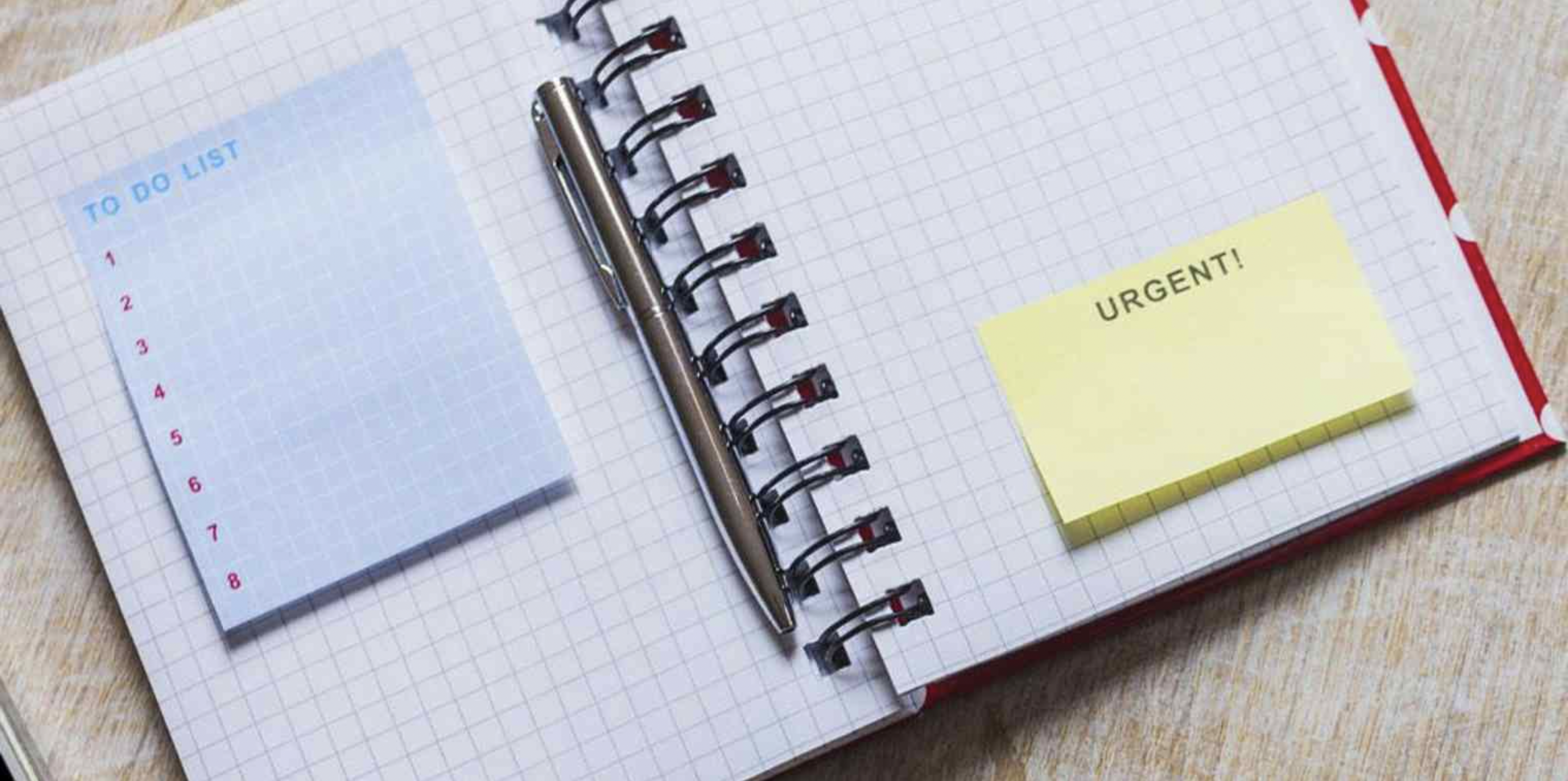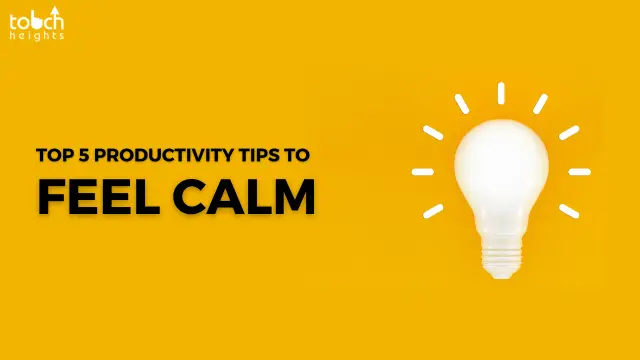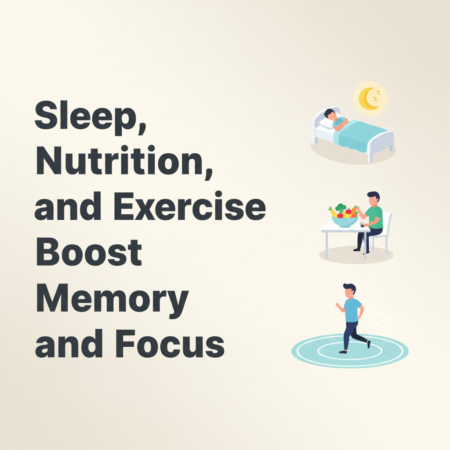Do you know someone who isn’t occupied?
The majority of us have jam-packed schedules and endless to-do lists when we wake up each morning. We’ve devoted our whole life to researching productivity and time management out of geeky interest and basic survival instinct. Here are the top 5 productivity hacks that we use to accomplish our goals and obligations without going crazy:
Pencil it down
Every obligation and duty needs to be documented. Your mind is released from the demanding task of trying to recall thanks to this.

In an essential book on productivity, Getting Things Done, makes the point that unfulfilled commitments consume cognitive energy, making you somewhat more weary, distracted, and consequently less productive with each one.
You should emphasize that getting every obligation, big or little, out of your thoughts and into a reliable system is the first step to managing your life and time.
Gain an advantage
Start the previous evening for the highest chance of success. Spend ten minutes reviewing your obligations for tomorrow before leaving your desk or before going to bed.
Which appointments must be kept? What are the necessities for those appointments? (Be certain that you have obtained these resources and are prepared to use them.) What three to five things need to be finished?
Choose your next course of action. Consider whether any of the items on the to-do list may be transferred to another person or, even better, eliminated.
It is crucial to complete this brief survey the day or evening before a busy day. It implies that you don’t lose time in the morning choosing where to begin or gathering supplies (and maybe finding that a necessary item isn’t accessible when you need it).
Prioritize your most dreaded task
Each of us has at least one chore on our to-do list that we just hate doing. Perhaps it’s that difficult phone call you’ve been putting off making, the blog post you’ve been putting off writing because you don’t know where to begin, or the project that is simply too big for you to handle.
Whatever it is, it looms over your head and fills you with guilt because it keeps being postponed until the day after that. We must break that cycle now.

Do it right now. When you check that monster off your list first thing in the morning, there is nothing more inspiring for the rest of the day, according to author Michael Hyatt, to slay your dragons before breakfast.
However, a lot of individuals start with simple chores instead of difficult ones. There are several things you shouldn’t do first thing in the morning if you truly want to be productive, including Never beginning your mornings like this if you want to be more productive.
Decide accordingly. Gather some paper and start coming up with ideas for that blog article.
Do something about that huge task; you might not be able to do it in a single day, but you can at least begin. Just get it done, whatever it is.
Let the joy of crossing it off your list then carry you through the remainder of your busy day.
Eliminate Distractions
One of the biggest productivity killers are frequent interruptions like phone calls, emails, and knocks at the door.
The same technology that has the potential to (and ought to) improve our lives may also make it practically impossible to maintain the level of intense focus needed for effective and efficient work.
You have control over that technology, which is the issue.
When something demands your attention and focus, give it the space it needs to get your best effort. Any extraneous distractions, like as a meeting with a client or colleague, a letter that has to be written, a piece of art you wish to create, or anything else, should be put on hold for the designated period of time when you will be concentrating on that commitment. Offset your phone (or at least turn off the ringer). Turn off email alerts. Stop using the internet (or at least Facebook and Twitter). Your office door should be shut.
For that hour (or thirty minutes, or half a day), turn off all outside communications to give yourself the luxury of uninterrupted time to give your full attention to the problem at hand.
Enjoy Breaks
Any person can only maintain deep concentration on a job for a certain amount of time.
No matter how busy you are, the law of diminishing returns sets in after a certain length of time, and fatigue—physical and/or mental—begins to reduce your performance.

Even on the busiest days, there are scheduled pauses. Spend 10 minutes getting up, stretching, drinking some water, and taking a short neighborhood stroll.
You’ll come back to work feeling renewed—both physically and mentally—and prepared to work even harder.
Conclusion:
Some of the most crucial elements that can increase our productivity at work and in daily life have been discussed. By focusing on implementing one or two of these suggestions at a time, anyone can learn how to be more productive, which will reduce stress and help us accomplish both our professional and personal goals.







